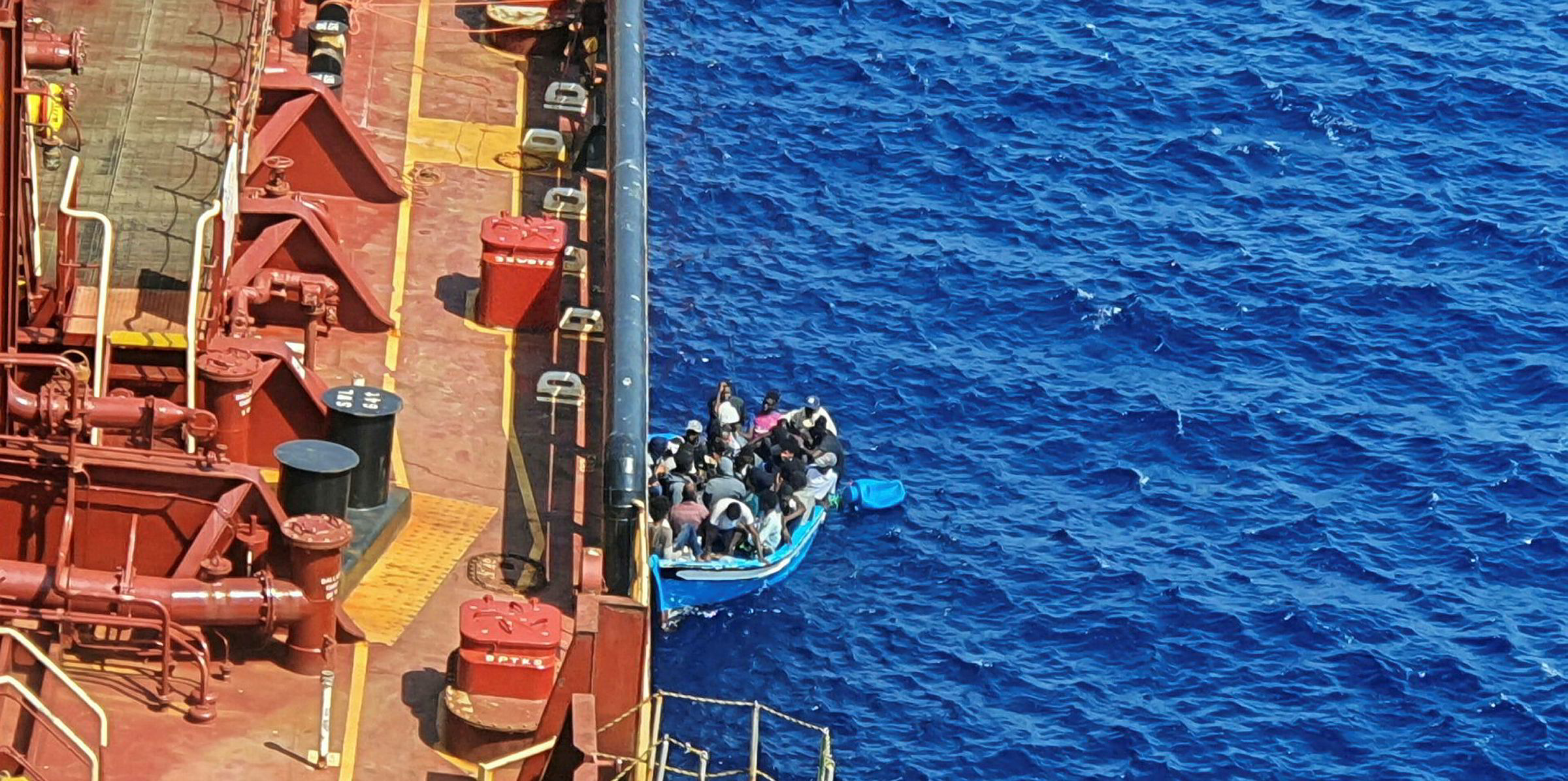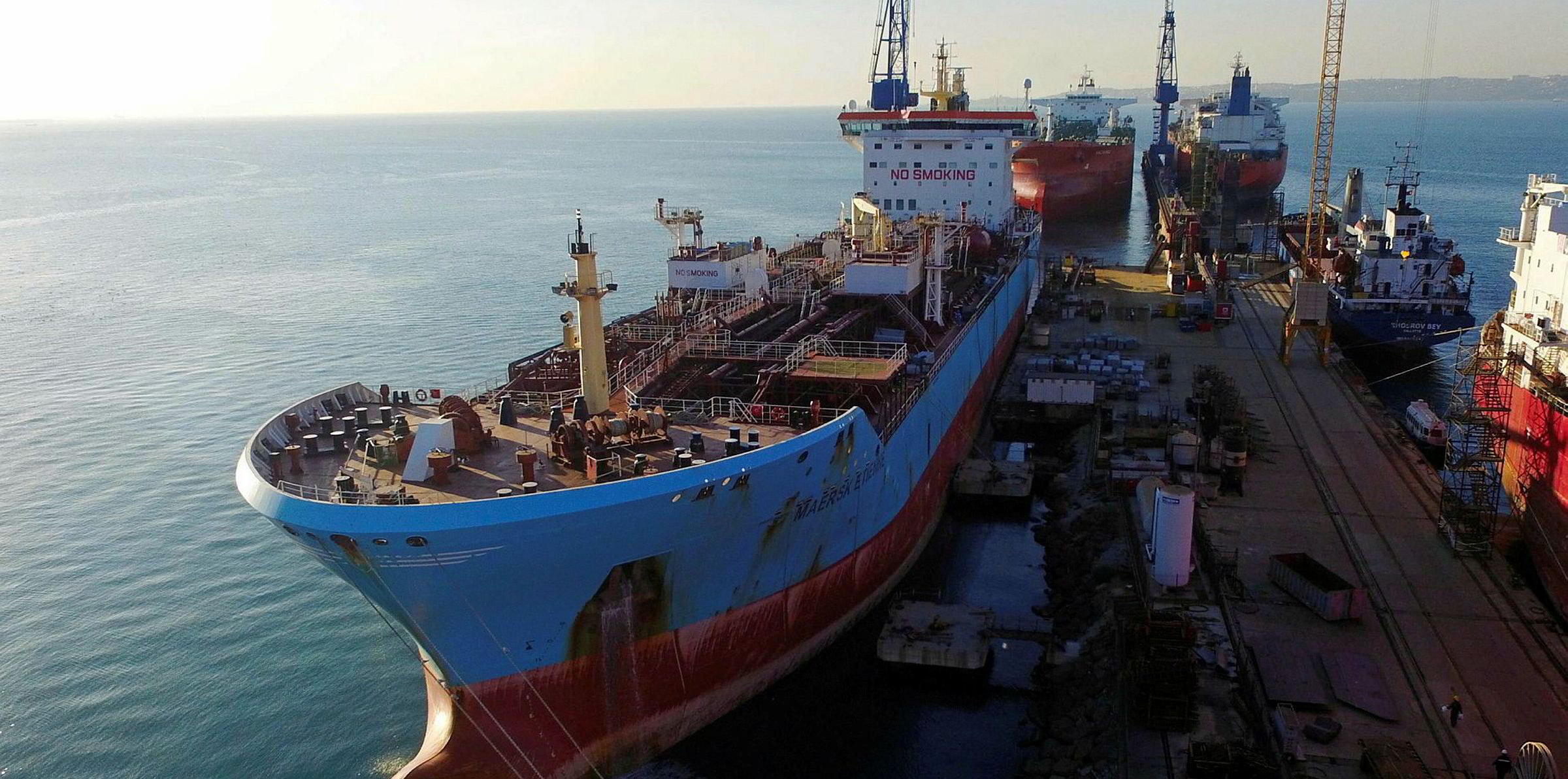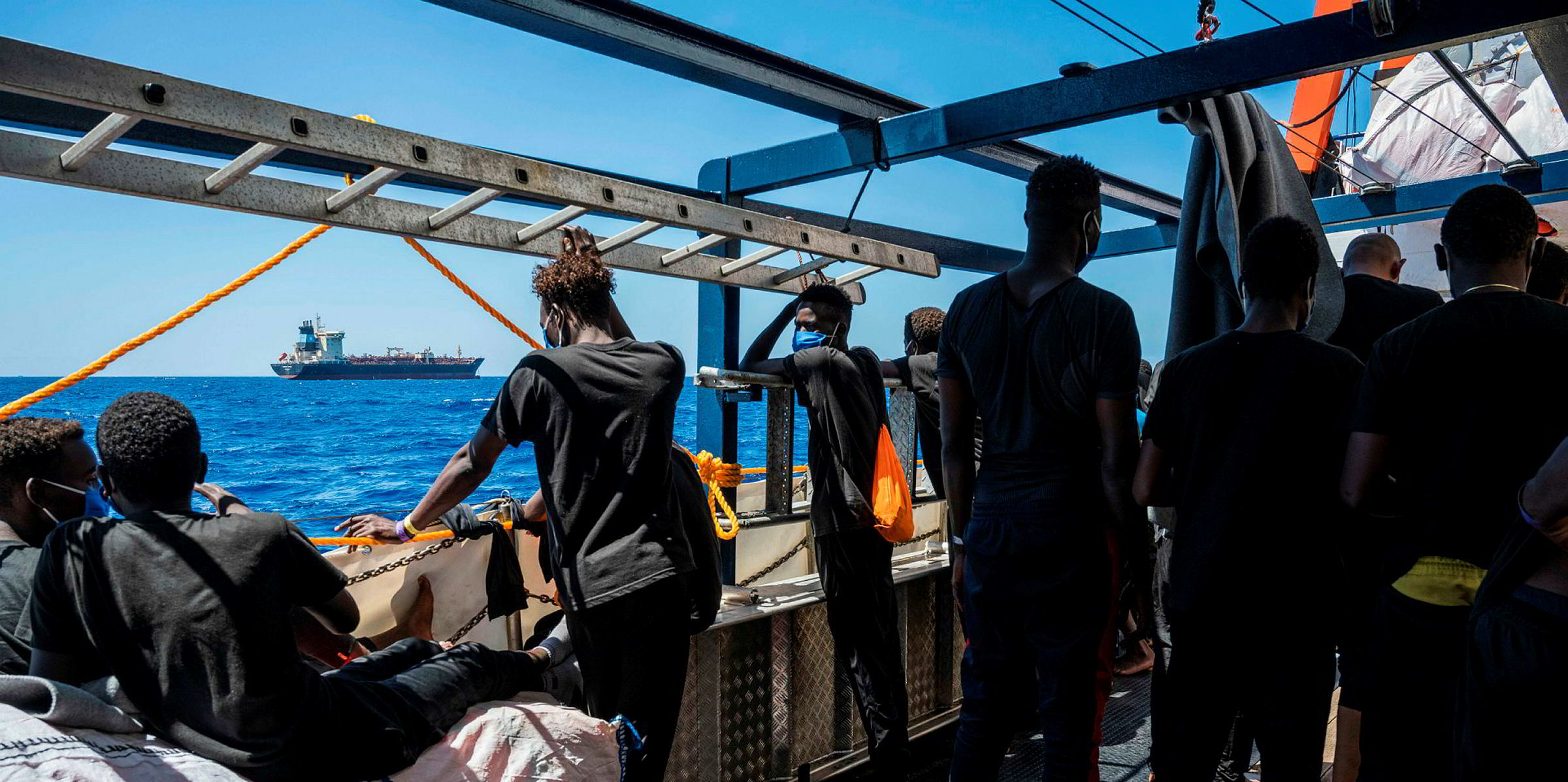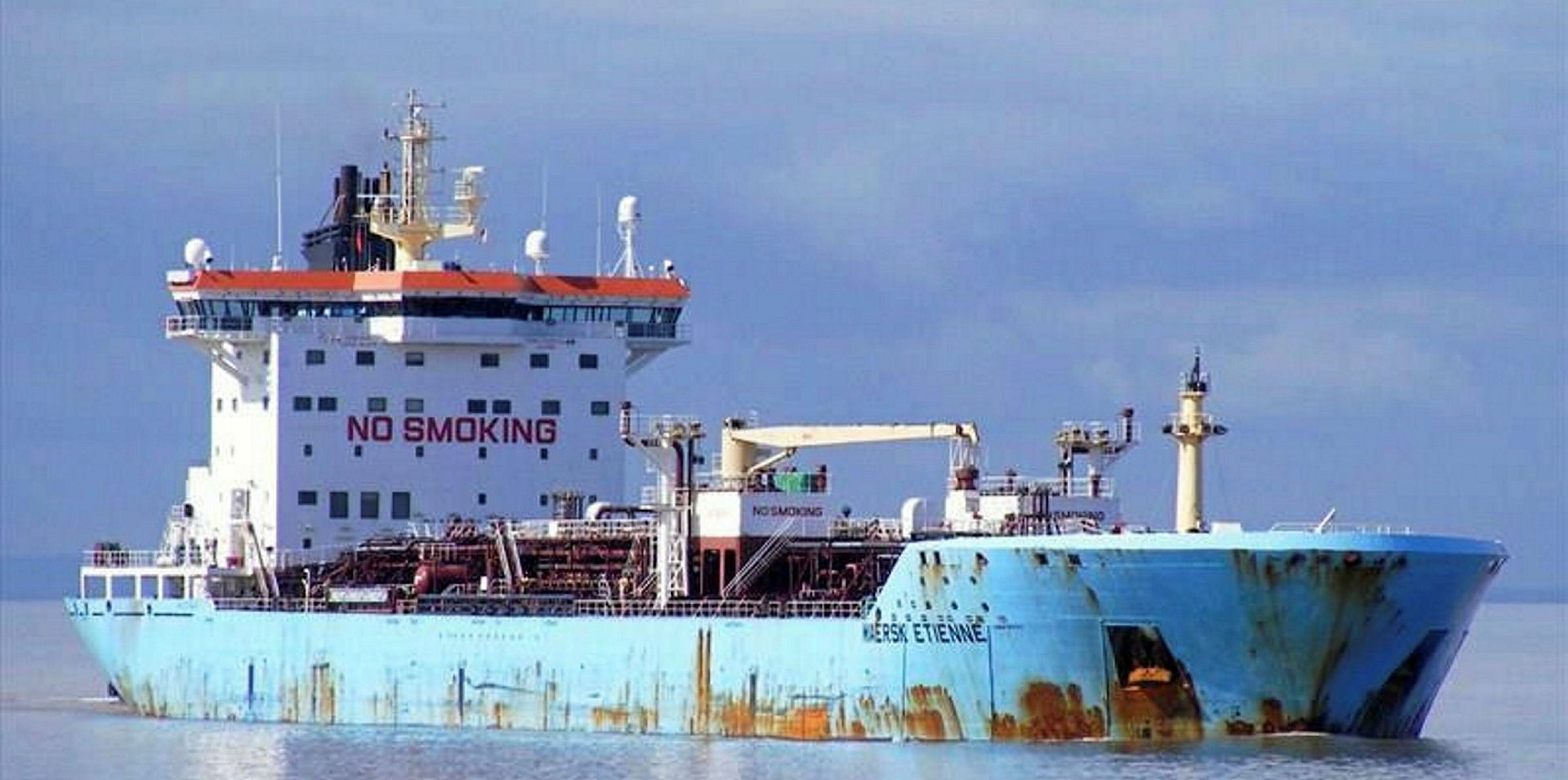There is an irony that the stand-off which has led to 27 migrants from Libya being stuck on a Maersk Tankers vessel for a month has set an ugly record for the length of time people have taken refuge on a merchant ship.
For back in 2017, Robert Maersk Uggla, the chief executive and family head of AP Moller Holding that owns the tanker company, launched a $1bn infrastructure fund to invest in projects in Africa, saying: “We all have to worry about what is happening in Africa.”
Noting that only 3% of world trade took place in Africa, but 16% of the world's population lived there, Maersk Uggla said: “My hypothesis is: Unless the African people find jobs locally, then some of them will move — and they will move up to us.”
It was prescient. And, if that last line sounds hard-headed, it was not meant to be.
Maersk Uggla was saying long-term action was needed to counter a migrant crisis that had already seen Maersk group ships pick up more than 5,000 refugees in the Mediterranean.
Photos of women and their young children sent by crews as they rescued them from unseaworthy boats and rafts had prompted a response that highlights Uggla’s belief it is possible to merge a social conscience with business acumen for everyone’s betterment.
Fast forward three years, and as well as bemoaning the unwanted month-long record, Maersk Tankers chief technical officer Tommy Thomassen told TradeWinds the company was “extremely worried” about conditions on board the 36,900-dwt Maersk Etienne (built 2014) and the state of both the rescuers and the rescued.
A product tanker, or any merchant ship, is not a good place for a large group of people, including a pregnant woman and child, to live with a crew not trained or prepared to deal with such a situation.
The shipping industry has been stressing this message for six years since the migrant crisis in the Mediterranean first really became a major problem, but the political response has been pathetic.
This is not the first time that this has happened, and we need governments to live up to their obligations. Time is running out
ICS secretary general Guy Platten
Thomassen warned that crew and migrants on the ship were in an unsustainable position, but he could as easily have used the phrase about the political response to the crisis over the past six years.
Boiling over
He added that some of the migrants were threatening to throw themselves overboard rather than continue to be a burden, and three of them did just that a couple of days later as frustrations boiled over.
It prompted the International Chamber of Shipping (ICS) to reiterate pleas it has been making over the years for governments in Europe to take agreed and coordinated action to uphold international law and allow ships to disembark migrants and refugees.
The ICS, with the United Nations High Commission for Refugees agency, and the International Organization for Migration called on the International Maritime Organization to urgently intervene and “send a clear message that states must ensure that maritime search and rescue incidents are resolved in accordance with the letter and spirit of international law”.
ICS secretary general Guy Platten said: “This is not the first time this has happened, and we need governments to live up to their obligations. Time is running out and the responsibility for these people’s safety and security rests squarely with government ministers.”
“Rescue at sea is a basic humanitarian imperative,” added Filippo Grandi, UN High Commissioner for Refugees, as he said European Union states should show some solidarity with each other in tackling the migrant issue.
EU countries in the front line — Malta, Italy and Greece — have all struggled to cope with the numbers of people landing on their shores and the lack of support received from other European states to take in significant numbers of refugees.
Platten said the Maersk Etienne “is a humanitarian issue pure and simple”. He is right about the immediate situation.
But Maersk Uggla was right that long-term solutions lie in businesses and governments recognising that people everywhere want and need to live in decent conditions. They will not stop seeking those things elsewhere if they cannot find them in their own countries. We need to work together to make that happen.







